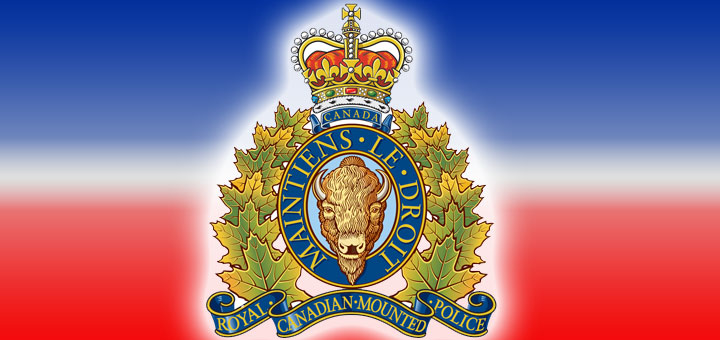Last payphone to disappear from Kananaskis
Those familiar with a payphone along the Smith-Dorrien Highway, just west of Spray Lakes, at a small restroom spot may have noticed a note on the phone stating TELUS is removing the phone before early September.
Jessica Lee,
Local Journalism Initiative Reporter
The payphone is a relic of a bygone era.
When one disappears from the landscape – especially in a place as uniquely deprived of cellular network access as Kananaskis – people often notice.
Those familiar with a payphone along the Smith-Dorrien Highway, just west of Spray Lakes, at a small restroom spot may have noticed a note on the phone stating TELUS is removing the phone before early September.
But fret not, while the payphone is being whisked away, a free, community phone will immediately take its place.
“The payphone will remain operational until the community phone is installed,” said Chelsey Higdon, senior communications manager with TELUS, in an email.
“This decision to install a community phone is to ensure there is reliable access to emergency services until wireless connectivity comes to the area. It will connect to 911, 988 and all other N11 services, in addition to free calling anywhere within Alberta and access to dial Toll Free within the region.”
Higdon said the payphone at Spray Lakes Provincial Park generated around 130 phone calls from January to December 2023 and noted usage of the service across the province – and the country – is steadily declining, primarily due to the popularity and availability of cell phones and wireless coverage across Canada.
TELUS’ wireless network in Alberta reaches more than 99 per cent of the population and the telecommunications company has invested “heavily to connect rural highway corridors to reliable wireless signal to enhance the safety of travel across our province,” but, there are still dead zones.
“We are thoughtful about removing payphones and often work closely with local businesses, municipal governments and the community to ensure there are alternate options within a reasonable distance before a payphone is removed,” said Higdon.
Alberta Forestry and Parks did not answer most of the Outlook’s questions on the decision to remove the phone, including engagement with TELUS to remove it and total emergency rescue calls made to the province’s Kananaskis Mountain Rescue agency within the region this year.
It also did not say how many payphones or community phones are within the region to access emergency services, or information on their locations.
“It is Alberta Parks’ understanding that due to low usage and connectivity concerns, this payphone is being replaced by TELUS with a community phone,” the ministry’s acting press secretary Jessi Rampton said, in an email.
“Forestry and Parks respectfully defers any statement or information to TELUS and recommends the Rocky Mountain Outlook contacts TELUS directly.”
Cell phone coverage is limited in many locations throughout the mountainous Kananaskis region. On its website, Alberta Parks recommends carrying a satellite phone if cell phone coverage, a payphone or community phone is not accessible. In the backcountry, it recommends carrying a satellite phone in case of emergency.
In Alberta, there are only 111 payphones left standing, according to TELUS, including the one set to be removed by Sept. 5 in Spray Lakes Provincial Park.
“In recognition of the nostalgia associated with payphones, we’re working with the community and local organizations to decommission the payphone for display purposes to ensure it can stay within the community as an acknowledgement of a shared piece of technology history,” said Higdon.
Residents or visitors interested in seeing the payphone showcased as a piece of history in a local museum or community centre can reach out to TELUS at telustickets@wimactel.com to learn more.
Jessica Lee,
Local Journalism Initiative Reporter
Rocky Mountain Outlook






